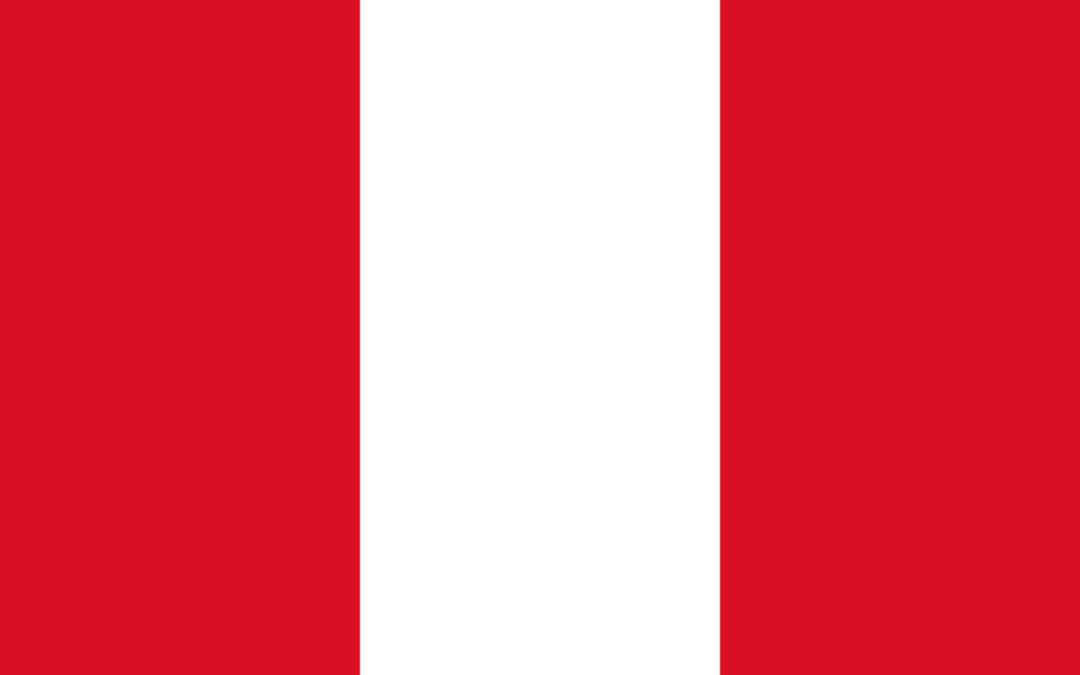
Dec 8, 2022 | Advocacy, News
Peruvian authorities in all three branches of government should strive to strengthen the rule of law and the principle of separation of powers in the wake of the political crisis that led to the arrest of former President Pedro Castillo yesterday after he tried to dissolve Congress, take control of the judiciary and declare a state of emergency, the International Commission of Jurists (ICJ) said today.
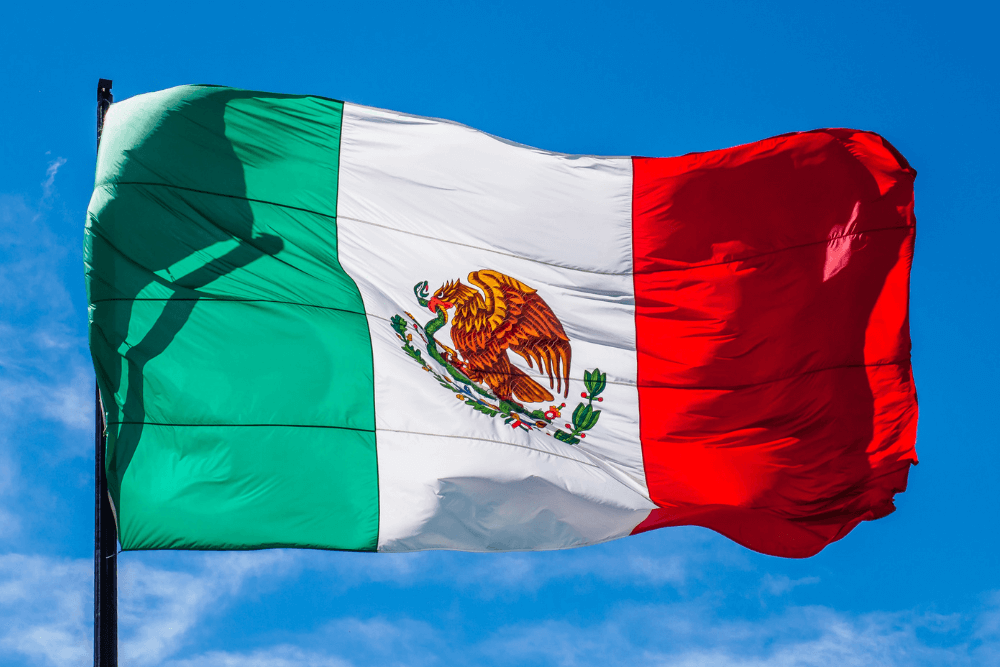
Sep 21, 2022 | News
The ICJ called today on the Mexican Parliament to reconsider and amend the laws it adopted on 8 September which effectively give control of public security and law enforcement functions to the Mexican Secretary of Defense (SEDENA).
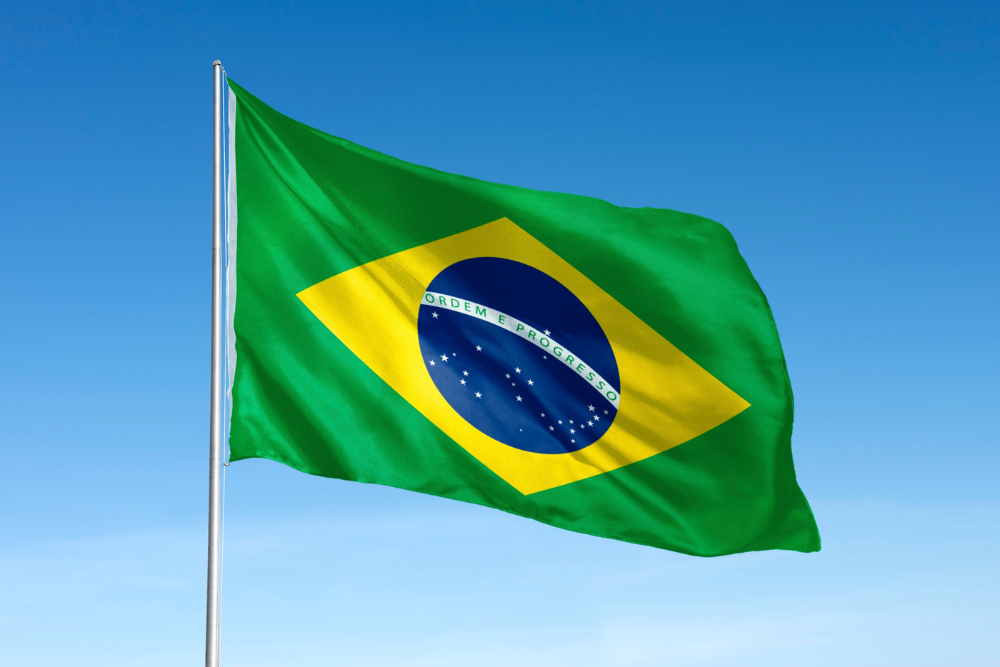
Sep 15, 2022 | News
The ICJ called today on President Bolsonaro and other public officials to fully respect judicial independence and the independent electoral procedures during the period surrounding the 2 October Presidential elections.

Jun 3, 2022 | News, Publications
In a briefing paper released today, the International Commission of Jurists (ICJ) calls attention to the numerous obstacles and restrictions that Venezuelan lawyers face in exercising their profession.
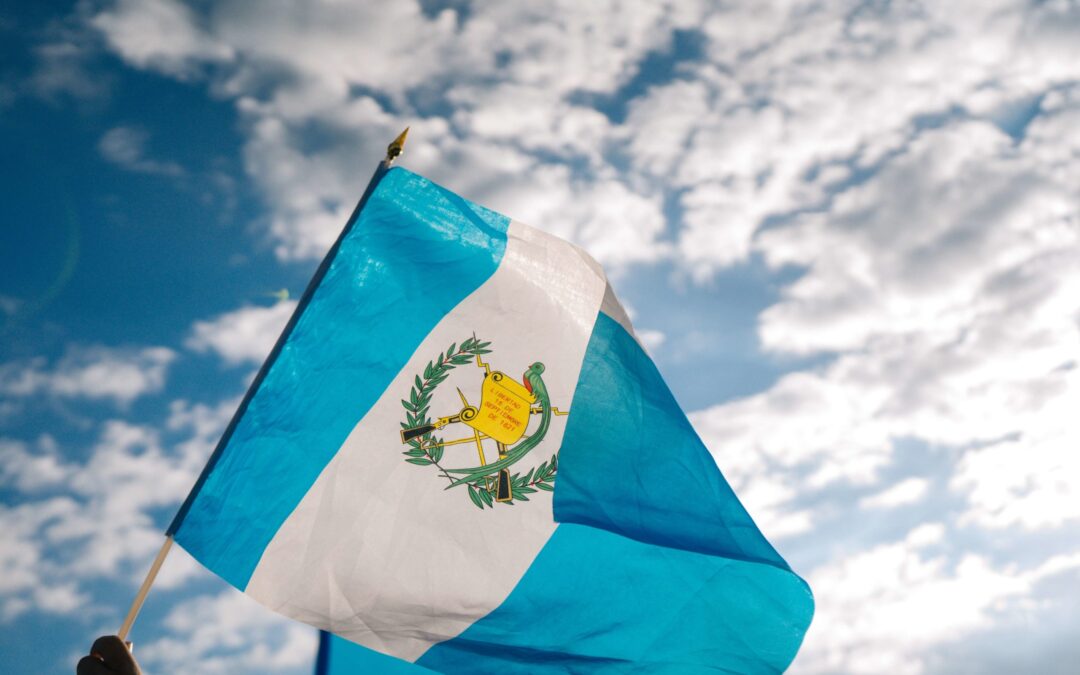
May 23, 2022 | News
As Right Livelihood, Réseau International des Droits de L’homme (RIDH), Center for Civil and Political Rights (CCPR), International Commission of Jurists and WOLA have come together to condemn the re-appointment of María Consuelo Porras as Attorney General of Guatemala, the group has released a joint statement on the matter.
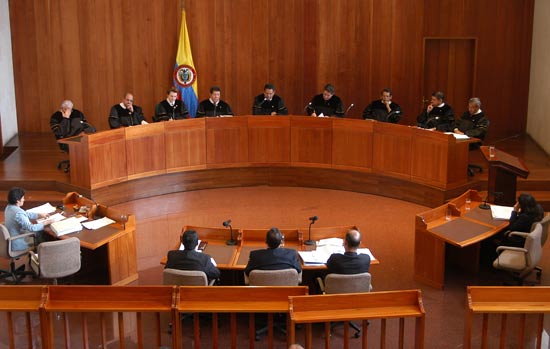
Mar 11, 2022 | News
Today, the Colombian Commission of Jurists (CCJ) and the International Commission of Jurists (ICJ) call upon the Government to respect the judicial independence of the Constitutional Court and take appropriate measures to guarantee the safety, security, and integrity of Constitutional Court’s justices from threats against them.










